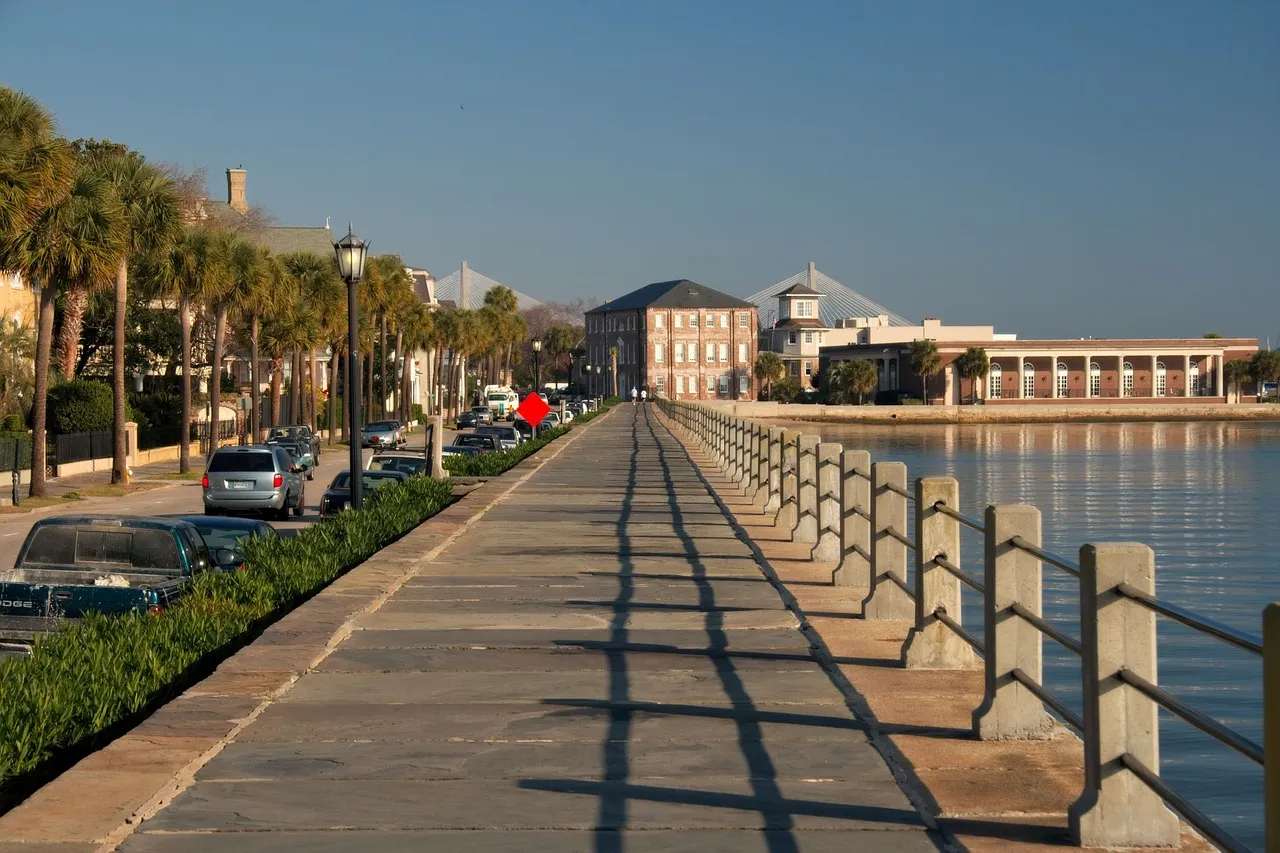
A federal court has recently struck down the tour guide licensing rules in Charleston, deeming them unconstitutional in that they violate the First Amendment.
They also need to score at least 80 percent or more on the written test before they are even allowed to take the oral exam.
Now, a federal judge has agreed and struck down the occupational licensing scheme related to tour guide services in Charleston. Judge Norton from the U.S. District Court for the District of South Carolina was the one who gave the final decision.

If people are forced to go through a tedious licensing process before they are able to simply speak about the history of a particular region, then it is the government via the examination process, that is getting to decide who can provide tour services rather than allowing the people themselves to decide and vote with their dollars.
For those who might be interested in providing such a service in Charleston or another area, licensing laws can prevent them from being able to provide that service to others who might be interested. One solution that's been proposed, rather than government regulations trying to stipulate who can speak about what in public areas in exchange for money, there have been suggestions for a voluntary certification program.
Since the lawsuit was filed to try and change the licensing scheme in Charleston, the city has allegedly revised their policy and reportedly removed the requirements for the oral exam.
Tour guide licensing requirements in other cities have also been struck down in court and similarly deemed unconstitutional, such as those in areas like Washington, D.C.
For those who are concerned about misinformation being told to tourists etc, by 'unqualified guides,' there are other avenues available to try and address those issues. Whether its some private and voluntary form of certification, or another effort to spread awareness about trustworthy tour guide services in the area, leaving comments online warning about untrustworthy ones etc, there are multiple ways to try and address the need for tour services and the issues that might surround that activity, without having to resort to getting the government involved.
Pics:
Pixabay
